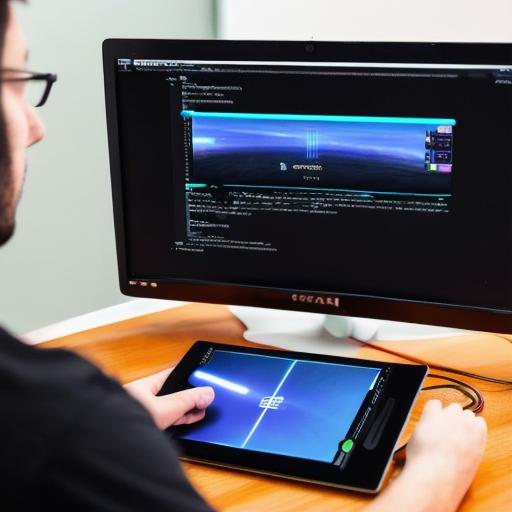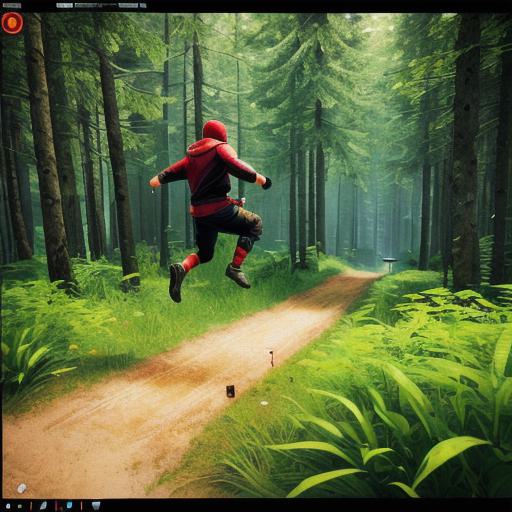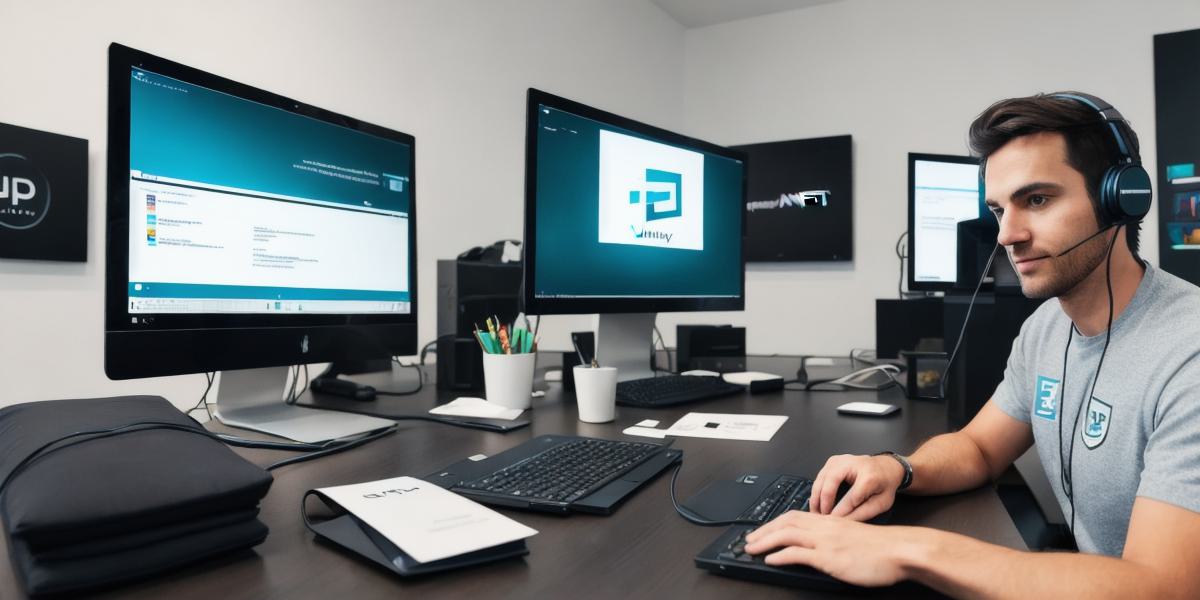Unleashing Your Potential as an Entry-Level Unity Developer: A Comprehensive Guide for Web Developers

**Introduction:**
Welcome, web developers!
If you’ve ever wondered about expanding your horizons beyond static websites and into the dynamic world of game development using Unity, then you’re in the right place. In this comprehensive guide, we’ll discuss everything you need to know to become an entry-level Unity developer.
**1. Understanding Unity:**
Unity is a powerful cross-platform game engine used for creating immersive games and interactive experiences for various devices, including virtual reality (VR) and augmented reality (AR). It offers a user-friendly interface and a robust ecosystem of tools and resources that can help you get started quickly.
**2. Prerequisites:**
To become an entry-level Unity developer, having a solid foundation in programming concepts such as variables, loops, functions, and conditional statements is essential. Familiarity with C or another object-oriented programming language is also beneficial. Additionally, basic knowledge of web development technologies like HTML5, CSS3, and JavaScript can help you leverage the Unity WebGL export feature to build web games.
**3. Setting Up Your Development Environment:**
Download and install Unity Hub, which will manage all your projects and versions for you. Install Visual Studio Code or another preferred code editor as well. For web development, make sure to install the necessary plugins and packages, such as ShaderLab or Post-processing Stack.
**4. Learning the Basics:**

Begin by learning Unity’s interface and workflow. Experiment with creating simple projects using pre-existing assets and scripts. Focus on understanding core concepts like scenes, game objects, components, tags, and layers. Familiarize yourself with scripting, physics engines, animation, lighting, and user interfaces.
**5. Building a Project:**
Create your first Unity project by designing a simple 2D or 3D game. Break down the development process into smaller tasks: planning the concept, setting up the environment, creating game mechanics, implementing scripts, and testing the final product.
**6. Leveraging Community Resources:**
Unity’s community is vast and supportive. Take advantage of resources such as the Unity Asset Store for downloadable assets, tutorial videos on YouTube, Unity’s official documentation, and online forums like Stack Overflow and Reddit for troubleshooting common issues.
**7. Advanced Topics:**
Once you’ve mastered the basics, explore advanced topics such as network programming, VR/AR development, shaders, performance optimization, and integrating Unity with other web technologies like AJAX, WebSockets, or WebGL.
**Summary:**
By following these steps, you’ll be well on your way to becoming an entry-level Unity developer. Remember that practice makes perfect, so keep experimenting with new projects and ideas. With dedication and persistence, you’ll develop the skills necessary to create engaging, interactive games and applications for various platforms.
